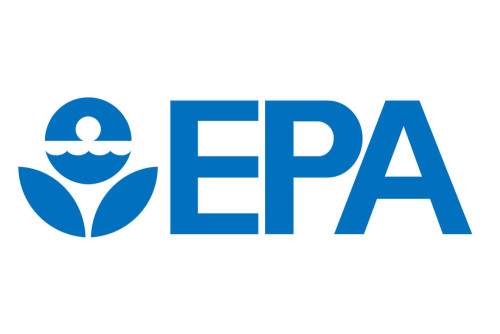Facts About DIY Mold Test Kits
We receive many mold inquiries and have noted an increase in use of mold settling plates (petri dishes or “Do-It-Yourself” mold test kits). While these kits can be cheap and readily accessible, mold professionals do not advocate for the use of mold petri dishes. Reasons for this include:
- Because mold spores exist everywhere naturally—indoors and outdoors—it would actually be rare not to get mold growth on the petri dishes.
- Because it’s normal and expected to have mold spores indoors, the petri dishes can give a false impression of an indoor space having a mold problem when it does not.
- Petri dish test kits actually encourage mold growth by providing the three needs for mold growth: an organic food source, moisture, and a surface to grow on.
- There are no accepted standards for using self-administered test kit petri dishes to test for mold and interpreting the results.
- It’s easy for petri dishes to be contaminated during the "sample" period.
What Does mold Growth on a Petri Dish Actually Mean?
- You don’t live or work in a sterile clean room.
- You, too, can grow mold from airborne spores. (Though this would happen with any food left out, like a piece of bread.)
- Most importantly, you are now creating a mold growth problem and potential exposure in your space by encouraging it to grow.
What does Mold Growth on a petri dish not identify?
- Whether a space has a mold growth problem. (Mold spores are everywhere and, even under normal conditions, they will grow on the petri dishes.)
- The source of the mold spores contributing to the growth on the plate. (Normal conditions? Excessive dust? Poor housekeeping? Pets or plants? Visible mold growth present in the space?)
If you see suspect mold growth or have experienced water intruding into your room, do not lose time by sampling yourself. Please report it via the suspected mold growth report form as soon as possible.
- Information about mold and mildew prevention can be found here.
- The University’s mold management plan can be found here.
- Additional information about mold can be found on the Environmental Protection Agency's website.




